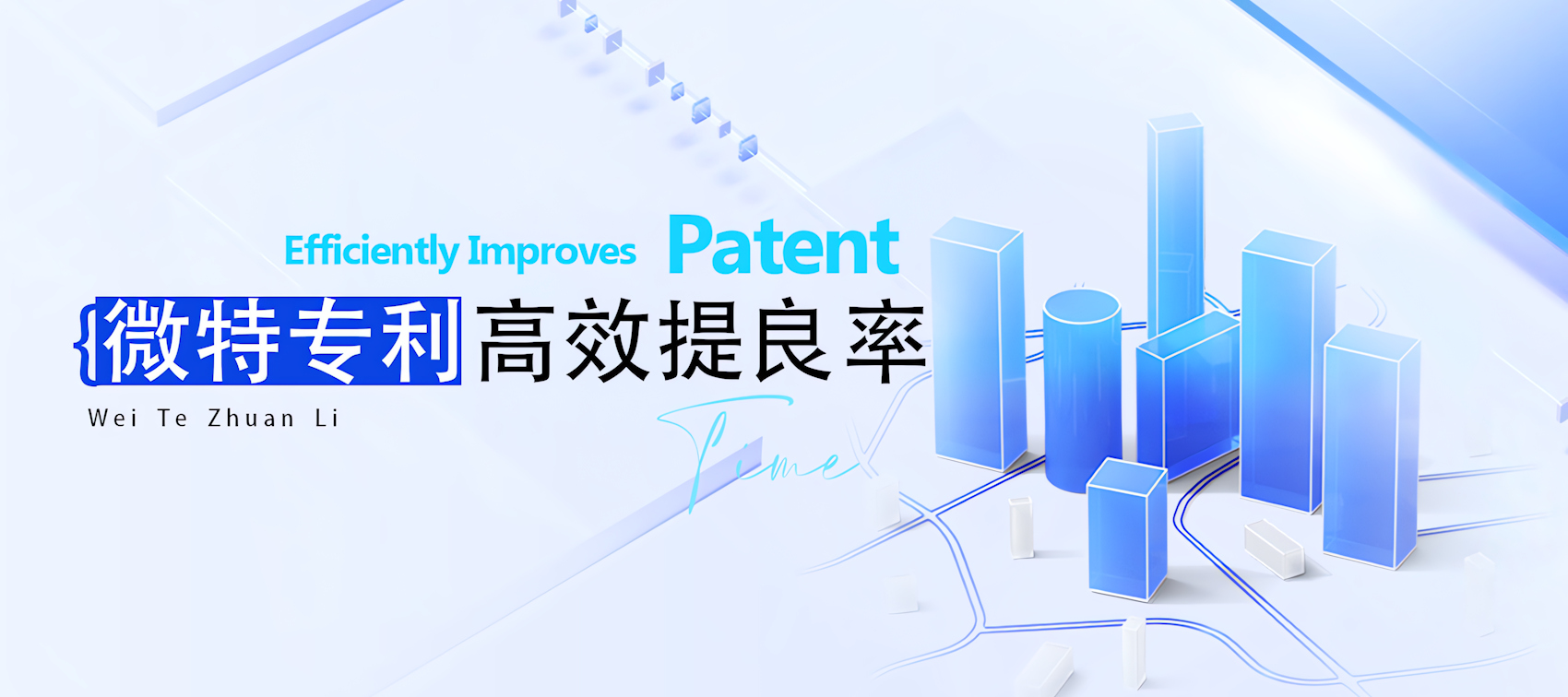Contact Us

Service Hotline
Email:
Fax:
0755-33699513
Address:
Floor 1, No. 2, Dongtang Industrial Zone, Innovation Road, Shatou Community, Shajing Street, Baoan District, Shenzhen
Microtest has secured a patent for an automated plastic housing assembly and quality verification system, effectively preventing yield reduction caused by assembly defects.
Release Date: 2025-06-26 00:00

June 26, 2025 - Microtest Co., Ltd. today announced that it has secured a patent for an "Automated Assembly and Quality Inspection Mechanism for Plastic Housings," with the authorization announcement number CN223013928U. The patent application was filed in August 2024.
Patent Abstract: This utility model discloses an automated assembly and qualification inspection mechanism for plastic housings. The process begins by placing a PCB between two plastic housing halves for pre-assembly. The pre-assembled unit is then transferred onto a carrier plate, which is precisely aligned via guide blocks and positioning pins. An inductive sensor verifies the presence of the unit on the carrier. A mini-cylinder then advances the carrier plate, with a photoelectric sensor confirming its arrival at the correct position. Subsequently, a pneumatic cylinder drives a pulling mechanism to automatically engage and lock the tabs on the two housing halves. The system employs a dual-channel assembly mechanism and a laser displacement sensor to verify assembly quality. This pneumatic automation solution significantly reduces labor costs and minimizes the variability inherent in manual operations. Consequently, testing efficiency and product qualification rates are substantially improved. This technology effectively prevents the yield losses typically caused by manual assembly errors and inadequate inspection.
Related information






 Service Hotline
Service Hotline